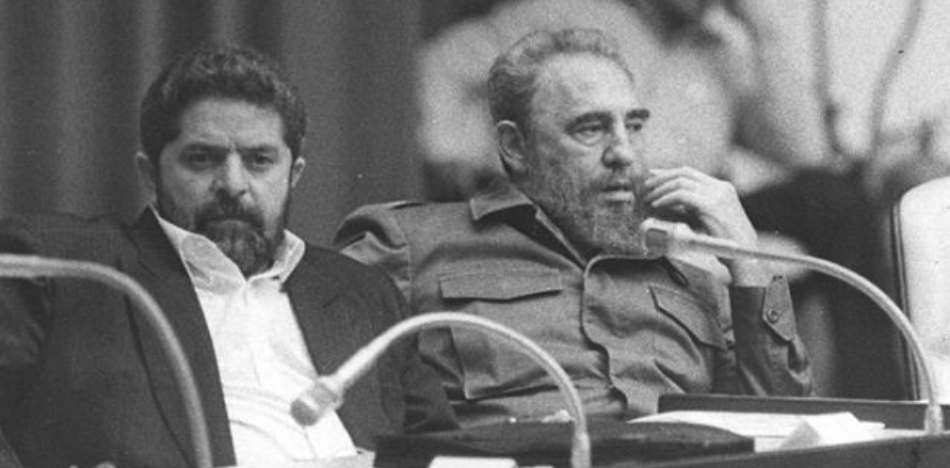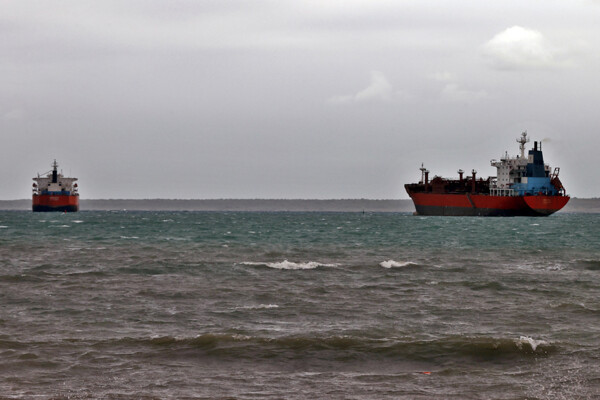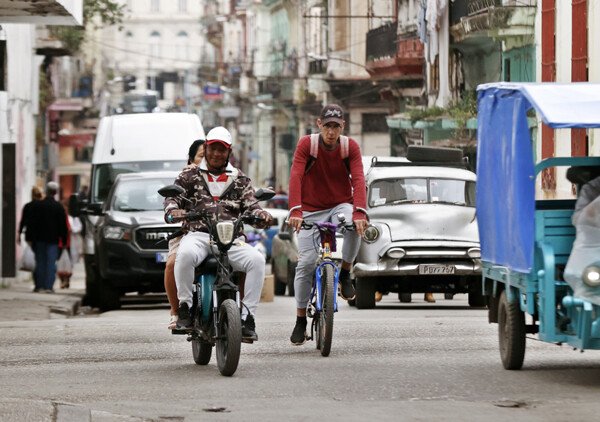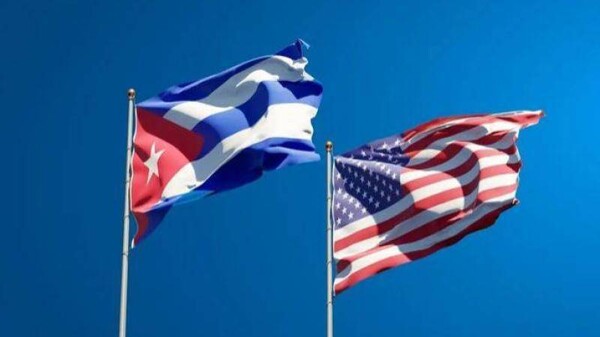
The misery endured by the Cuban people served as a facade to cover the criminal intentions of Fidel Castro's mafia. While the West focused on trade agreements and integration policies at the beginning of the 21st century, Castro and Lula Da Silva planned to renew their destabilizing and revolutionary strategies. They abandoned focoism for mass mobilization, changed the perception of being victims of a blockade, and utilized resources from progressive Europeans and drug traffickers for their benefit, such as Hugo Chávez, Rafael Correa, and Evo Morales.
History takes us to the year 1966, when La Tricontinental was held in Havana with the aim of expanding the influence of the Cuban dictatorship. In the following decade, with educational systems under the influence of progressivism, a lack of criticism towards the Castro-Chavista regimes was provoked. On the other hand, with the United States focused on Islamic terrorism, Castro and Chávez had the opportunity to create narco-states and humanitarian crises to later use them as weapons against the U.S.
The Castro-Chavista governments impoverished their peoples to the point of forcing many individuals into exile. However, facing the defense of military leaders like Pinochet or Videla, their plans failed. In the 1980s, military dictatorships gave way to democratic systems and market reforms were implemented in the Americas, such as the successful case of Bolivia.
The closing of the story points to the opportunity that Donald Trump had to end 21st-century socialism. In a globalized world, guerrilla hotspots were created and the Castro regime was financed, with Fidel achieving some success in Chile, Argentina, and Uruguay. Many Latin Americans emigrate due to misery, insecurity, and lack of freedom, not by choice. The consequences of these regimes are reflected in an underprivileged and exhausted population, struggling to find a better future.














